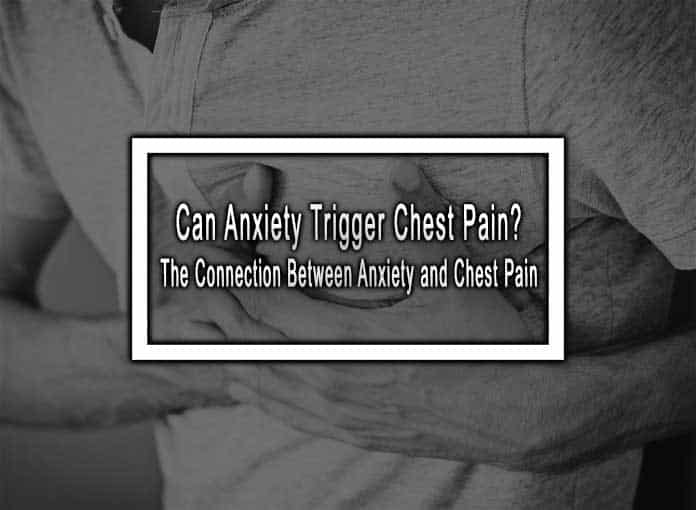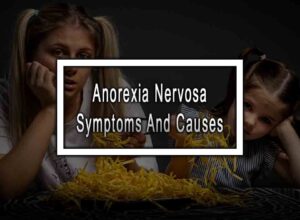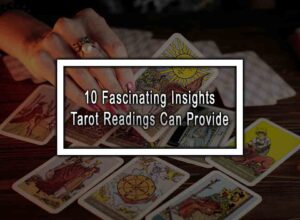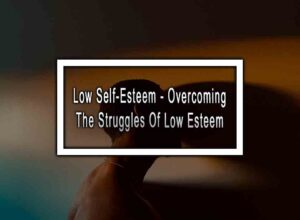Can Anxiety Trigger Chest Pain? – Understanding the Mind-Body ConnectionConundrum
Chest pain can be a terrifying experience, conjuring fears of heart attacks and serious cardiac issues. However, often this pain is not a matter of the heart, but a manifestation of the mind. The truth is, that anxiety can, and often does, cause chest pain, bringing physical discomfort to emotional distress. But how does this happen? What’s the link between a racing mind and aching chest? Let’s untangle these threads and explore the ways in which anxiety can lead to chest pain, ensuring that you have the knowledge you need to understand your body’s signals.
Tips to Manage the Discomfort
Here are some tips to understand the connection between Anxiety and Chest Pain:
Recognize the Symptoms
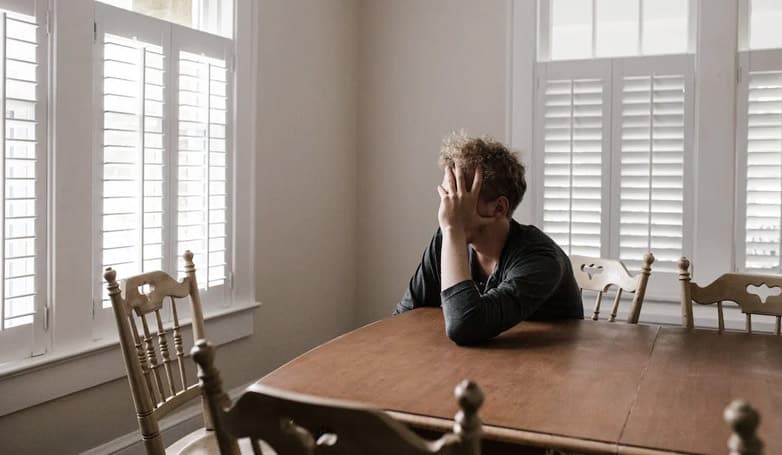
Anxiety-related chest pain can feel like a sharp or dull ache that usually occurs in the middle of the chest. It might also be accompanied by other anxiety symptoms like rapid heartbeat, sweating, shortness of breath, or a feeling of impending doom.
Know the Differences
Distinguish anxiety chest pain from heart-related chest pain. Anxiety chest pain is typically localized, not associated with physical exertion, and can improve with relaxation techniques. On the other hand, heart-related chest pain often worsens with activity and can spread to other areas like the arm or jaw.
Employ Relaxation Techniques
Use methods such as deep breathing exercises, progressive muscle relaxation, or meditation to calm both your mind and body. When you start feeling chest pain, take slow, deep breaths, inhaling for a count of five, holding for a moment, and then exhaling for a count of five.
Get Physical
Regular exercise can help reduce anxiety and therefore decrease the occurrence of anxiety-related chest pain. Even a brisk walk or a short session of stretching can release tension in the body.
Monitor Your Diet

Caffeine and certain drugs can exacerbate anxiety symptoms. Monitor your intake of coffee, tea, chocolate, and energy drinks to see if reducing them lessens your chest pain.
Practice Good Sleep Hygiene
Lack of sleep can intensify anxiety. Establish a regular sleep routine, create a comfortable sleep environment, and avoid electronic screens before bedtime.
Seek Professional Help
If you’re struggling to manage your anxiety and it’s leading to frequent chest pain, consider talking to a therapist or counselor trained in anxiety disorders. They can help you develop coping strategies and may suggest treatments like cognitive-behavioral therapy (CBT).
Consider Medication
For some people, medication may be necessary to manage anxiety. Consult with a healthcare professional to discuss if this is a suitable option for you.
Stay Informed

Educate yourself about anxiety and its physical symptoms so you can better understand what you’re experiencing. This knowledge can often alleviate the fear that exacerbates chest pain.
Take Action
If you are ever in doubt whether your chest pain is due to anxiety or a potential heart issue, seek immediate medical attention. It’s always better to err on the side of caution when it comes to chest pain.
Unraveling the Tight Chest of Anxiety
In wrapping up the enigma of anxiety-induced chest pain, it’s evident that the mind’s influence on the body is more than a simple footnote in the saga of our health. Understanding that anxiety can indeed cause chest pain is the first step towards addressing not just the physical symptom, but the underlying emotional turmoil. If you find yourself with a tight chest and a racing mind, remember to take a deep breath and consider the role anxiety might be playing. By remaining aware and proactive, we can aim for both mental clarity and physical relief, ensuring our well-being is not left to the whims of worry.
And remember, while chest pain can be a symptom of anxiety, it’s always better to err on the side of caution. If in doubt, get it checked out. Your heart—and mind—will thank you.
FAQs About Can Anxiety Trigger Chest Pain
1. How can I tell if my chest pain is caused by anxiety or something more serious?
Chest pain from anxiety is usually accompanied by other symptoms of anxiety such as rapid breathing, palpitations, sweating, or a sense of panic. It typically resolves once the anxiety subsides. However, if the pain is severe, persistent, or accompanied by symptoms like shortness of breath, pressure, or pain radiating to other areas like the arm or jaw, you should seek immediate medical attention, as these may be signs of a heart-related issue.
2. What does chest pain from anxiety feel like?
Chest pain associated with anxiety can vary from person to person. Some describe it as a sharp, stabbing pain while others report a dull ache or a sensation of tightness or pressure in the chest.
3. How long does chest pain from anxiety last?
The duration of chest pain from anxiety can be brief or it can last for a longer period if the anxiety is continuous. Usually, the pain subsides as the anxiety or panic attack ends.
4. Is chest pain from anxiety dangerous?
While anxiety-induced chest pain itself is not life-threatening, it is important to be evaluated by a healthcare provider to rule out other potential causes. Chronic anxiety can lead to other health issues if left untreated.
5. Can breathing techniques help reduce chest pain from anxiety?
Yes, breathing techniques can help mitigate chest pain by reducing anxiety. Techniques like diaphragmatic breathing (deep breathing) can help calm the nervous system and alleviate chest discomfort.

